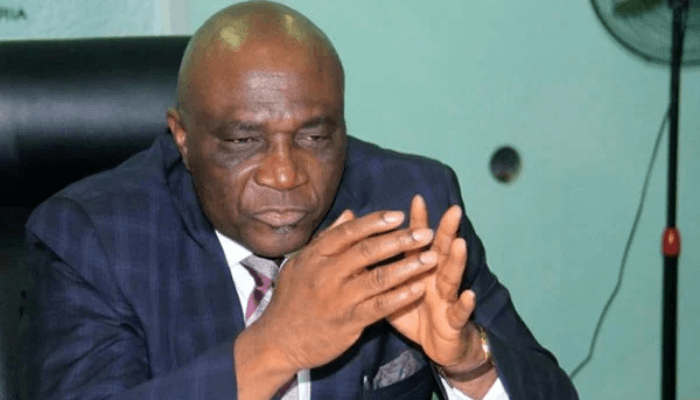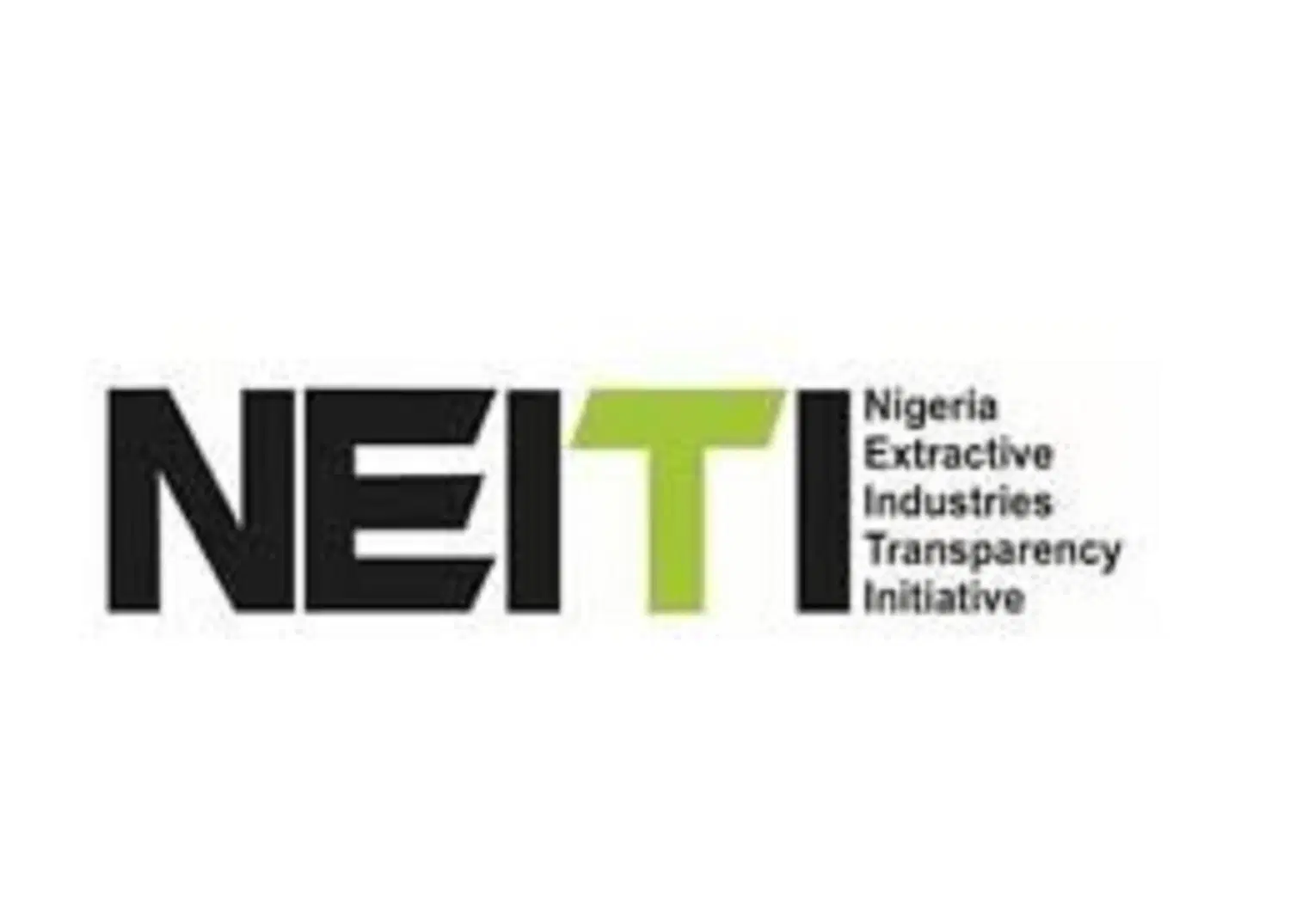Singapore’s Olam Group has addressed concerns by announcing that its investigation team found no evidence implicating its Nigeria unit in an alleged multi-billion-dollar foreign exchange fraud.
The company stated that no charges were brought against Olam Nigeria, maintaining its innocence. In a recently released statement, Olam Group clarified that the investigation team, sanctioned by the Audit and Risk Committee and the Board, failed to uncover any evidence linking Olam Nigeria to the specific accusations outlined in media reports.
Last year, reports suggested that Nigeria’s secret police were probing Olam Nigeria, Olam International, and affiliated firms for a suspected foreign exchange fraud exceeding $50 billion.
Olam Group denied the allegations in September, initiating a review through its audit committee. The review, led by an investigation team comprising Olam’s ARC, external counsels, and independent external accountants, did not identify Olam Nigeria’s involvement in the specific allegations mentioned in media reports. Olam Nigeria cooperated fully with Nigerian authorities, and no charges were brought against the company or its officers.
The group emphasized that all its businesses in Nigeria continue to operate normally, considering Nigeria an essential part of its future strategic plan. Olam pledged to strengthen governance and compliance in Nigeria.
This development underscores the company’s commitment to addressing concerns and maintaining integrity. However, the broader legal outcomes and implications are subject to ongoing developments. Operating in different jurisdictions poses complexities for multinational companies, requiring them to navigate legal frameworks and manage reputational risks associated with financial impropriety allegations.
Stakeholders will monitor actions by Nigerian authorities and potential legal or regulatory consequences for Olam Group. While the company’s continued operations in Nigeria may support its position, the impact on its reputation remains uncertain, as public perception and trust can be delicate aspects following such controversies.











